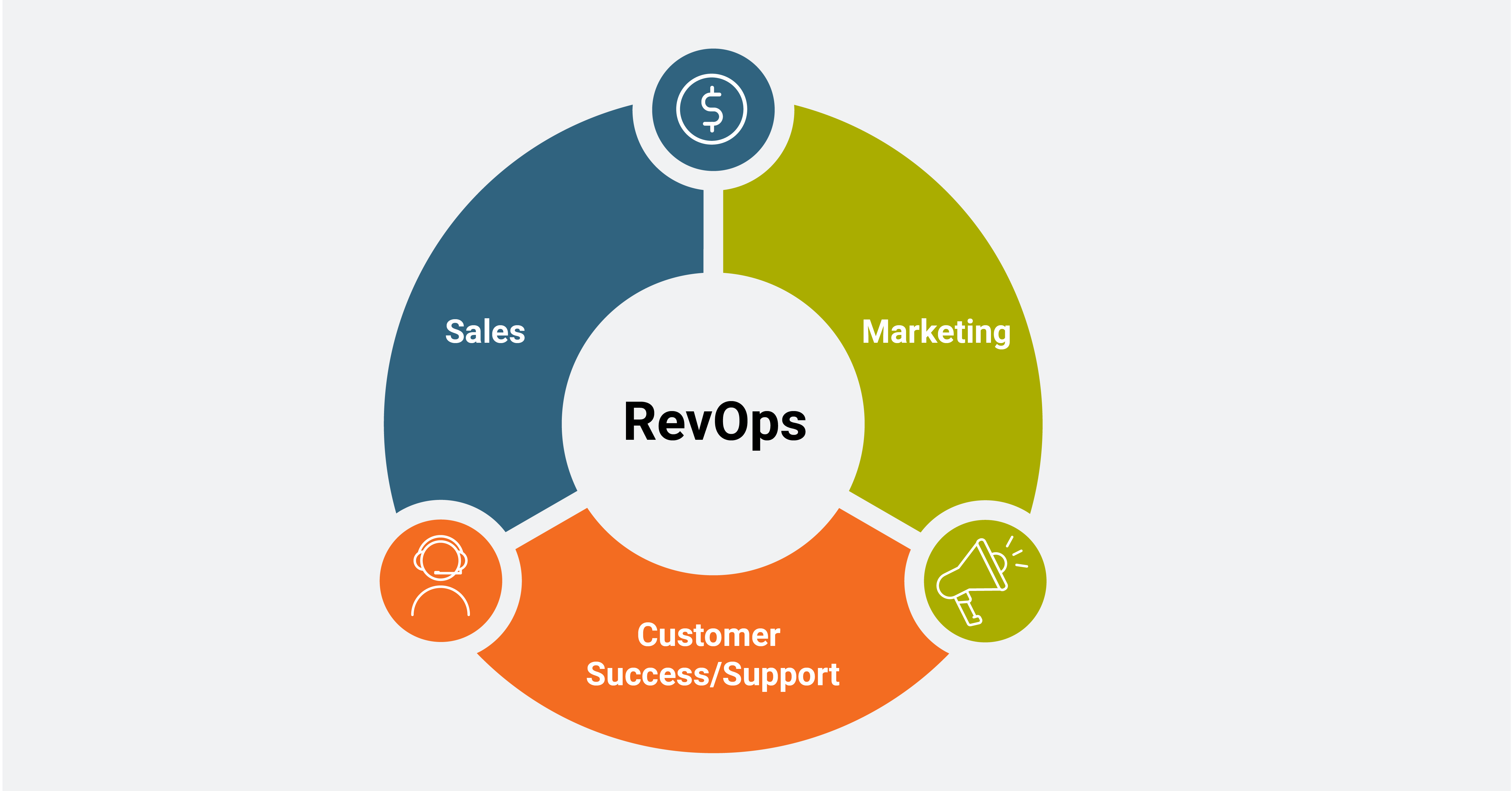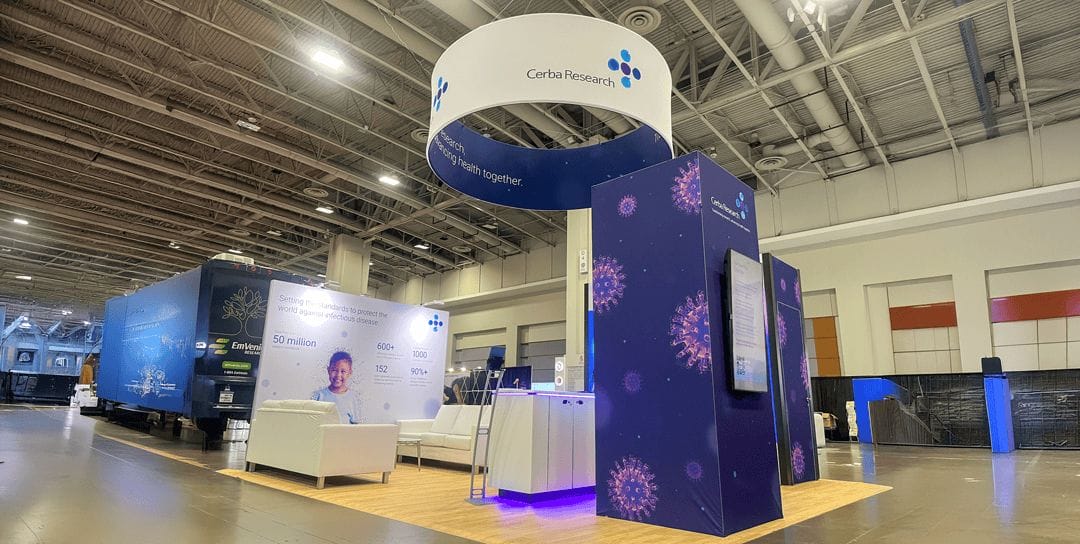Cornell University is partnering with software company Ansys to create a new certificate program that allows engineers from across the world to master simulation of fluid dynamics.
The Fluid Dynamics Simulations Using Ansys Certificate program will be globally available through the eCornell online learning platform beginning July 7, and will offer a number of courses that teach students and professionals how to create and validate simulations, such as flows over a car body, cooling fan and airplane body.
While commercial software is becoming easier to use for non-experts, simulation is still complex and requires a deep understanding of mathematical models and physical principles. The new courses aim to bridge the gap between theory and real-world simulation applications, and offer a self-paced format that allows participants flexibility in going through the course content.
Ansys develops, markets and supports engineering simulation software used to predict how product designs will behave in real-world environments and has a long history with Cornell. John Swanson ’61, M.Eng. ’63, founder of Ansys, is a long-time supporter of the university. He endowed the Swanson Director of Engineering Simulation position in the Sibley School of Mechanical and Aerospace Engineering—which is held by Senior Lecturer Rajesh Bhaskaran.
“Rajesh has been very effective in using online learning to provide practical simulation education to a broad audience within and outside Cornell,” said Swanson, who is the recipient of the 2021 Cornell Engineering Distinguished Alumni Award. “I am happy to see his impact expand further through the eCornell simulation courses.”
Simulation is increasingly being used in the workplace to solve complex engineering problems and is becoming an important aspect of an engineer’s skillset. Bhaskaran has helped introduce industry-standard simulation tools into Cornell courses covering fluid mechanics, heat transfer, solid mechanics, and numerical analysis. This has shown students how theoretical concepts can be used to solve practical problems involving complex geometries while also helping them secure jobs and internships.
“We are increasingly leveraging the power of engineering modeling and simulation, seamlessly, in the development, delivery and support of our products and services,” says Dan Newman ’83, chief engineer of advanced vertical lift at Boeing. “We rely on our knowledgeable and motivated workforce of well-rounded system-level thinkers to maximize the capability of engineering simulation to ensure and enhance quality, safety and affordability for all stakeholders throughout the product life cycle.
The new eCornell simulation certificate builds on Cornell’s Massive Open Online Course (MOOC), A Hands-on Introduction to Engineering Simulations, which recently surpassed 200,000 enrollments. The course is one of the most popular free MOOC’s offered by Cornell and was developed by Bhaskaran pre-COVID-19, when online learning wasn’t as common as it has become today. He saw online learning as a good platform to learn a tech-centered skill and wanted to reach a wide audience.
“Simulation is a disruptive technology that can be used to transform engineering curriculum at the university level,” said Bhaskaran. “As simulation becomes a standard feature of curriculum for teaching physics and applications, nearly every engineering graduate should be able to use simulation software effectively. Together with Ansys, we look forward to preparing engineers with the simulation skillset they need.”




